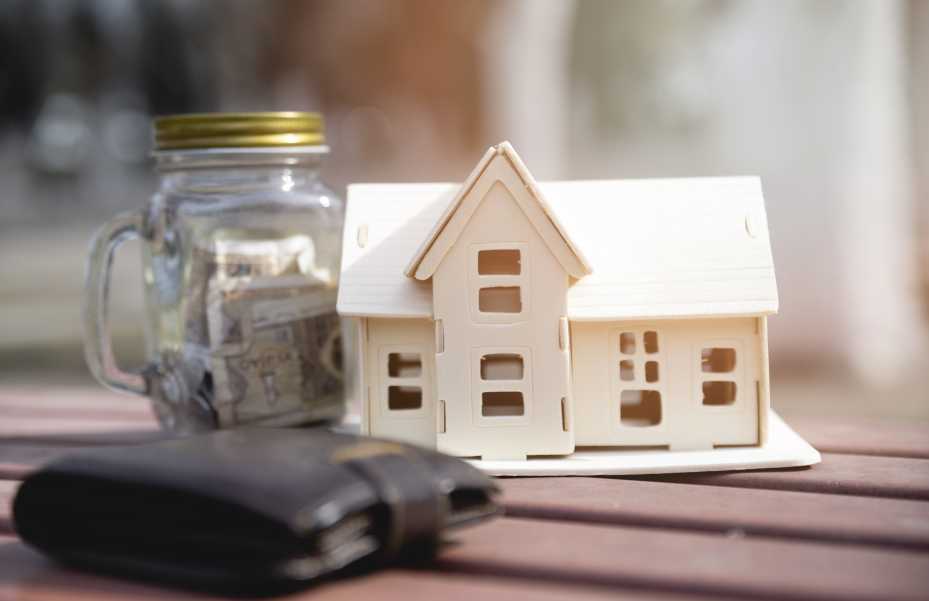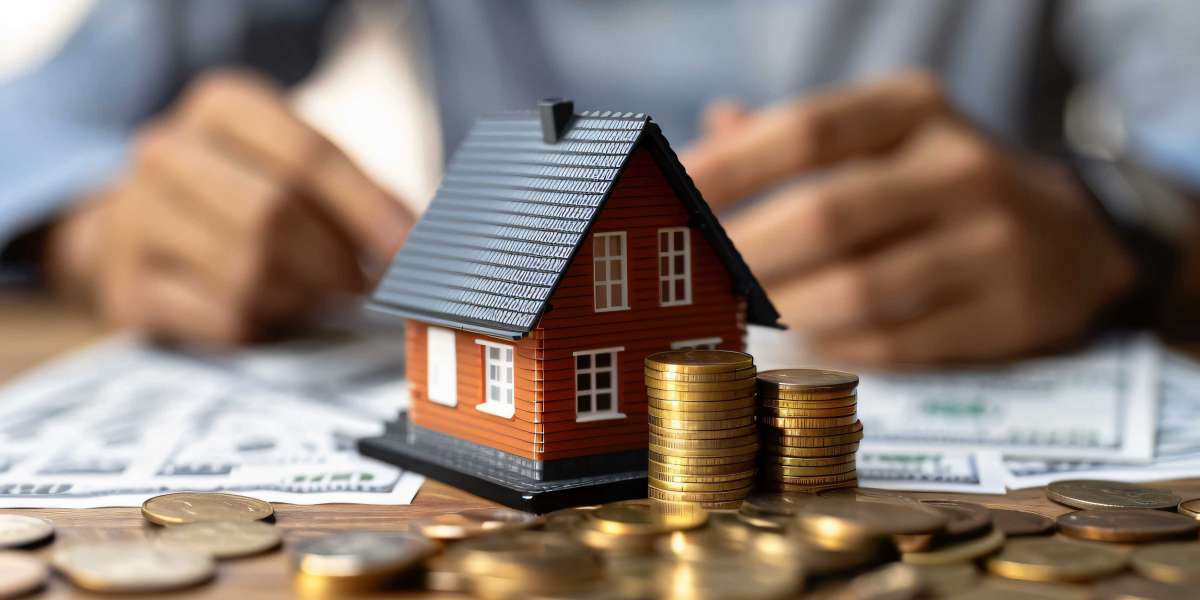So, you’ve been daydreaming about owning your first place—scrolling through Zillow at midnight, picturing yourself cooking in a kitchen that’s actually yours, not your landlord’s. Sounds exciting, right? But then, someone casually drops the words credit score into the conversation, and suddenly, it feels less like HGTV and more like math class.
If you’re a first time home buyer, that three-digit number is way more important than most people realize. It doesn’t just decide if you’ll get approved—it decides how much that house is really going to cost you over the years.
Why Credit Score Feels Like a Gatekeeper
Here’s the thing: a credit score is kind of like your financial report card. Mortgage lenders look at it to figure out whether they should trust you with a big loan. A high score says, “I’m responsible, I pay bills, I’m low risk.” A low score… well, let’s just say it doesn’t exactly scream confidence.

And the difference is massive. Two people could buy the same exact house for $250,000. One has a 750 score, the other a 640. Guess who’s paying hundreds more every single month? Yep—the lower score. Over 30 years, that’s not just pocket change; that’s the price of another car, a couple vacations, maybe even a college fund.
What Counts as “Good Enough”?
Numbers always make it easier, so here’s the quick breakdown:
- 740 and up – You’re golden. Expect the best rates.
- 700–739 – Still really solid.
- 660–699 – Doable, but you’ll pay more.
- 620–659 – Risky zone. Lenders get cautious.
- Below 620 – Not impossible, but definitely uphill.
Even small jumps matter. Raising your score from 680 to 700 might not feel huge, but it could save you thousands over time.

What Else Your Score Affects
It’s not just about the interest rate. Your credit score can also mess with (or improve):
- The size of your down payment.
- Whether you get approved at all.
- Extra costs like private mortgage insurance.
- How much wiggle room you have when negotiating.
Basically, it can decide whether the home-buying process feels like a dream… or like pulling teeth.
Can You Fix It Before You Buy?
The good news: yes. And it’s not rocket science. Here are a few real-life steps that actually help:
- Pay bills on time (seriously, even the tiny ones).
- Knock down those credit card balances.
- Skip opening new accounts right before applying.
- Check your credit report—errors happen more than you think.
Even a few months of effort can bump your score into a better range before you sit across the desk from a mortgage lender.
One Last Word for First Timers
If your score isn’t perfect, don’t beat yourself up. Most first time home buyers aren’t walking in with flawless credit. The point is to know where you stand and what you can do to improve. And sometimes, the smartest move is waiting a little while—saving up, building your score, and walking into the process on stronger footing.
Because here’s the truth: a house isn’t just about the number of bedrooms or how cute the porch looks on Instagram. It’s about being financially ready to enjoy it without feeling like you’re drowning in bills every month.






